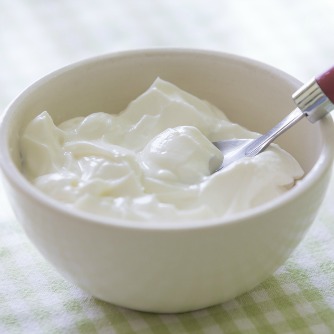Fermented Milk Boosts Skin Health

There has been much interest in the potential for using probiotic bacteria for treating skin diseases, such as atopic dermatitis, however few studies have investigated their effect upon healthy skin. Hiromi Kimoto-Nira, PhD, of the National Agriculture and Food Research Organization (NARO) Institute of Livestock and Grassland Science (NILGS) in Japan, and colleagues conducted a randomized double-blind trial to evaluate the effects of fermented milk produced using Lactococcus lactis strain H61 as a starter bacterium (H61-fermented milk) on the general health and various skin properties of young women. Twenty-three healthy young women aged 19-21years received either H61-fermented milk or conventional yogurt for 4-weeks. Blood samples were taken before and at the end of the 4-week period, and skin hydration (inner forearms and cheek) and melanin content, elasticity, and sebum content (cheek only) were measured. Results showed that skin hydration was higher in both groups, and sebum content in the cheek rose significantly in the H61-fermented milk group, but not in the conventional yogurt group. The authors concluded: “As skin lipids contribute to maintaining the skin barrier, H61-fermented milk would provide beneficial effects on skin for young women.”
Kimoto-Nira H, Nagakura Y, Kodama C, Shimizu T, Okuta M, Sasaki K, Koikawa N, Sakuraba K, Suzuki C, Suzuki Y. Effects of ingesting milk fermented by Lactococcus lactis H61 on skin health in young women: a randomized double-blind study. J Dairy Sci. 2014;97:5898-903.